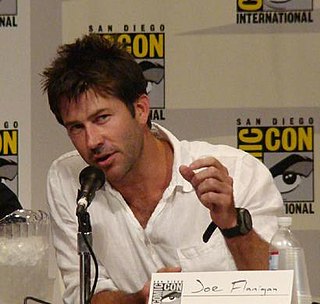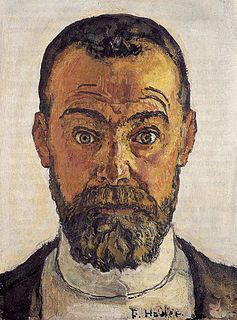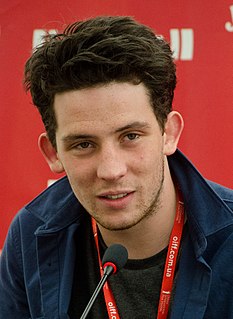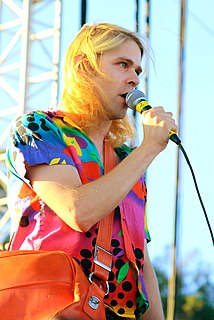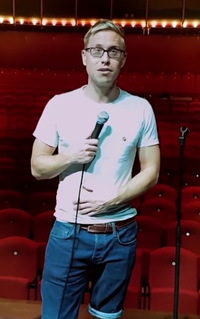A Quote by Nandita Mahtani
I look at cinema from an entertainment point of view. I wouldn't want to come out feeling giddy or depressed.
Related Quotes
Some people feel that the purpose of cinema is entertainment - which in itself is a healthy enough goal, provided you define what constitutes entertainment. But I come from a family where I grew up believing that cinema - art - should be used as an instrument for change and that's the kind of cinema I've largely done and been attracted to.
In the point of view of my personal feelings, I love the music as well as the cinema, but the future of a trumpet player - in the money point of view, but also any point of view - is very short on expectations. The life of a moviemaker can be glorious and wonderful. It can put your life in the best of possibilities. I decided to forget music. Not forget, because this is impossible, but to work in cinema, and just to be someone who loves music, and who tries to make music with his films.
But every point of view is a point of blindness: it incapacitates us for every other point of view. From a certain point of view, the room in which I write has no door. I turn around. Now I see the door, but the room has no window. I look up. From this point of view, the room has no floor. I look down; it has no ceiling. By avoiding particular points of view we are able to have an intuition of the whole. The ideal for a Christian is to become holy, a word which derives from “whole.
I believe that science fiction is as profound as you want it to be or it can be very simple entertainment, and I'm all for very simple entertainment. Every now and then we all need to come home, veg-out, watch something and not think too deeply about it. It's what you want it to be. We tend to steer clear of being pedantic; it's entertainment first, otherwise we'd be on a lecture circuit.









